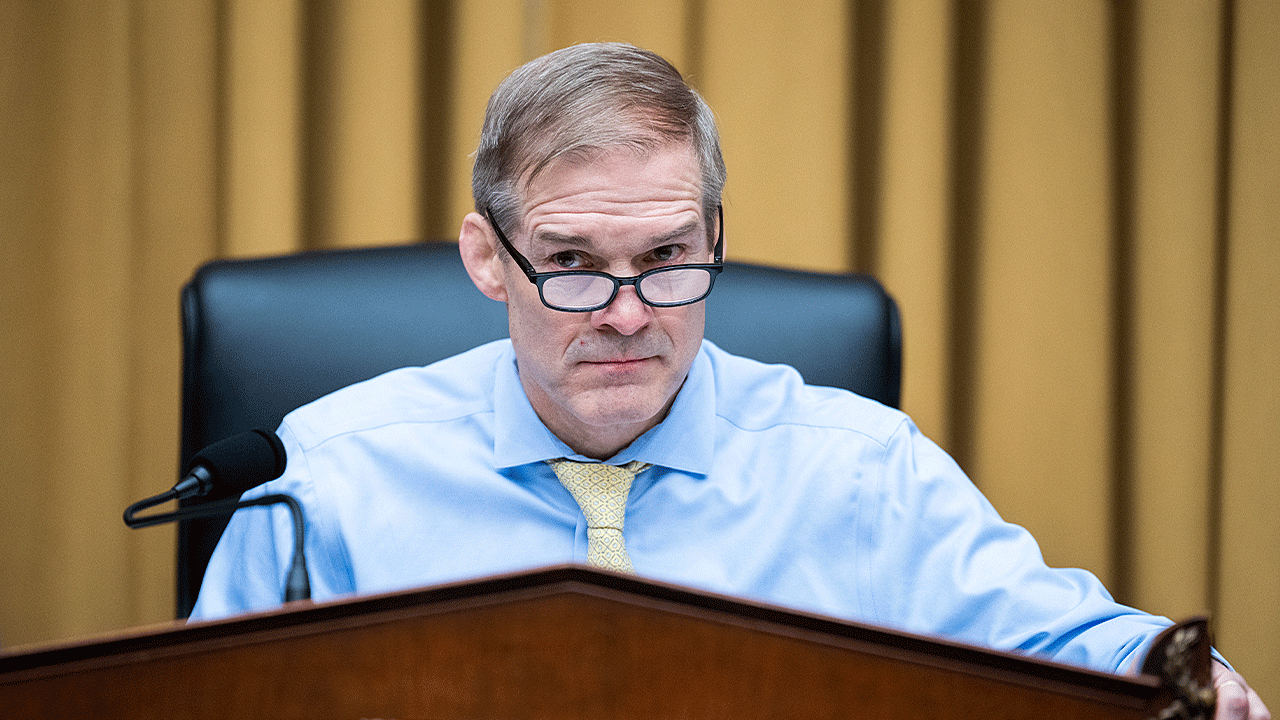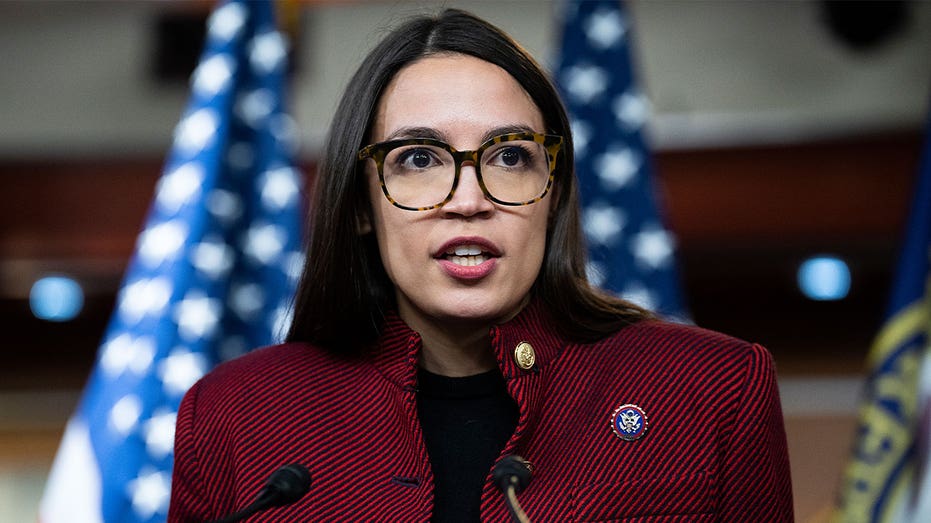A shadow fell over the House Judiciary Committee in 2022 when a Justice Department subpoena quietly targeted the personal phone records of its chairman, Jim Jordan. The request, spanning over two years of data, reached back to January 1, 2020, initiating a deep dive into the Ohio Republican’s communications.
The subpoena, issued by a federal prosecutor who would later join Jack Smith’s January 6th investigation, demanded Verizon hand over detailed “toll records.” These records wouldn’t reveal the *content* of calls or messages, but meticulously documented *who* Jordan was communicating with and *when* those communications occurred.
This request appears to be the most extensive publicly known targeting of lawmakers during “Arctic Frost,” the investigation that ultimately led to election-related charges against a former president. What’s striking is that the subpoena predates Jack Smith’s appointment as special counsel by seven months, suggesting the inquiry began independently.
Issued while Jordan was the ranking member of the Judiciary Committee – a position focused on oversight of the very Department of Justice now scrutinizing him – the subpoena sought records for three additional, redacted phone numbers. A one-year gag order, signed by a D.C. magistrate judge, ensured the investigation remained concealed.
Verizon, complying with the subpoena, subsequently provided documents to the Justice Department. The company later revealed it had uncovered new information related to Chairman Jordan and promptly shared it with him, signaling a growing awareness of the scope and sensitivity of the inquiry.
Verizon has stated its commitment to transparency, coordinating with both House and Senate Judiciary committees and actively working to gather information regarding the subpoenas issued to lawmakers. The company’s actions suggest a desire to address concerns and potentially advocate for reforms to expand notification protections for those targeted.
The implications of this subpoena are significant, raising questions about the extent of the investigation and the targeting of key political figures. It underscores a period of intense scrutiny and a complex interplay between the Justice Department and members of Congress.



![COPS TARGETED: School Official & Brother BUSTED in Shocking Attack Plot! [VIDEO]](https://www.thegatewaypundit.com/wp-content/uploads/2025/11/virginia-assistant-principal-ice-1200x630.jpg)


